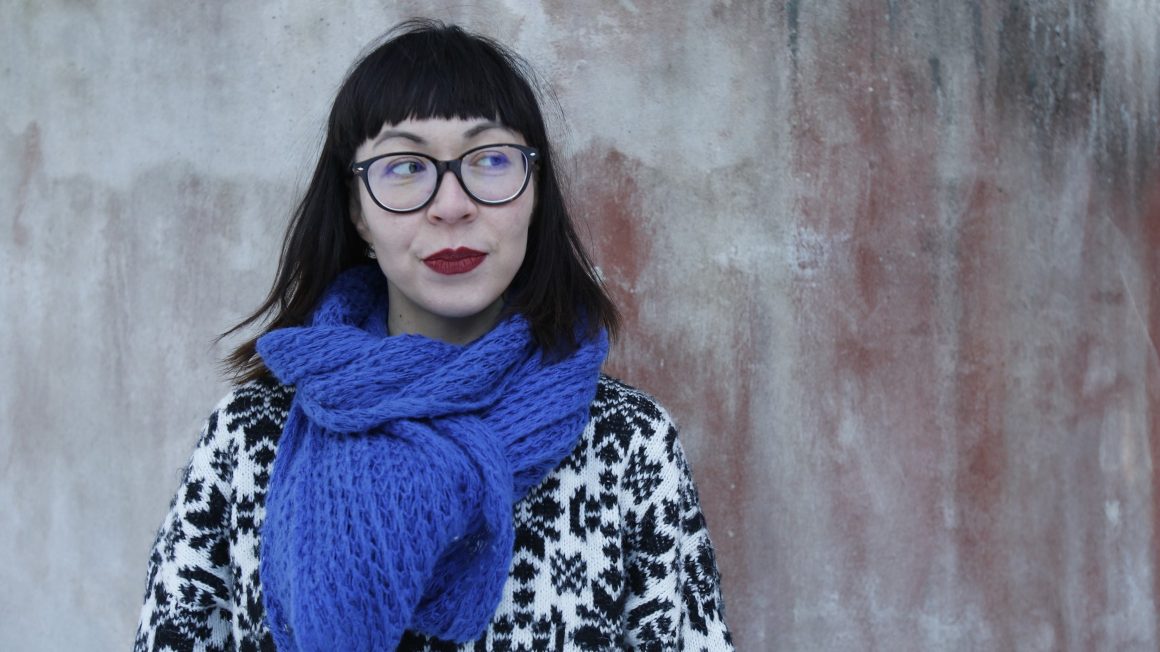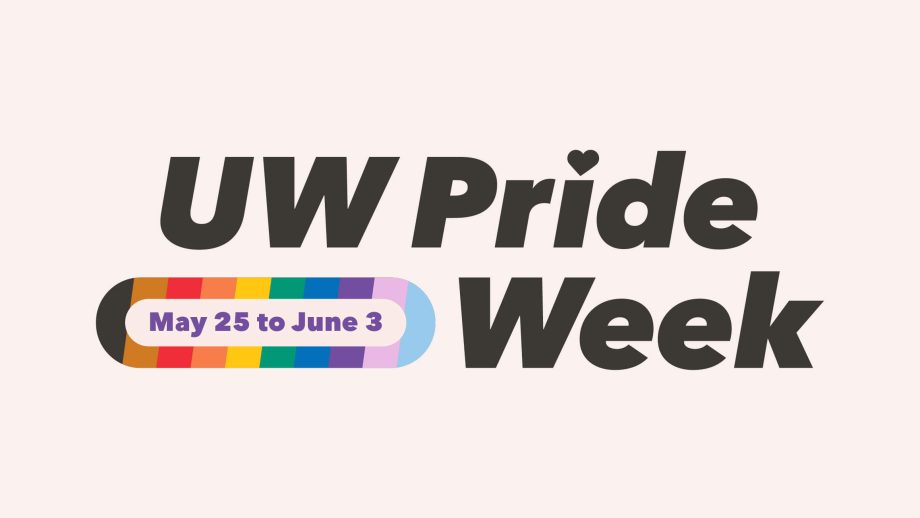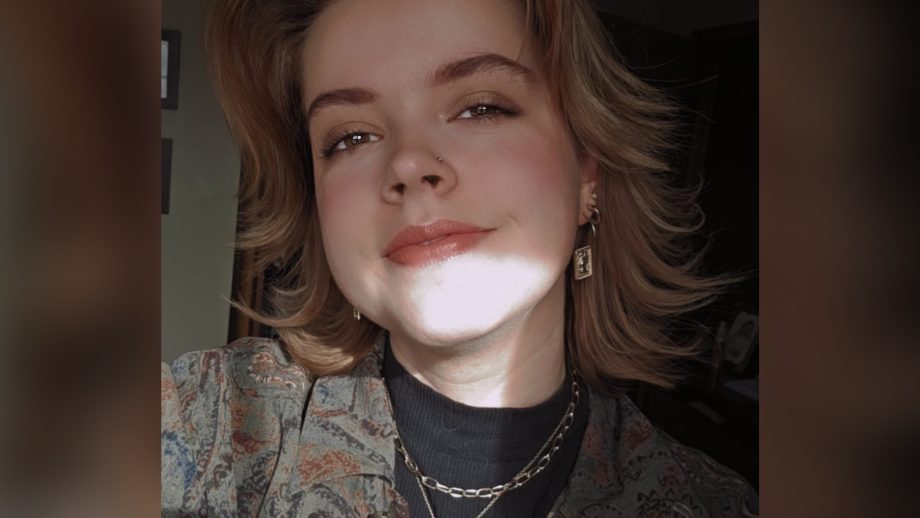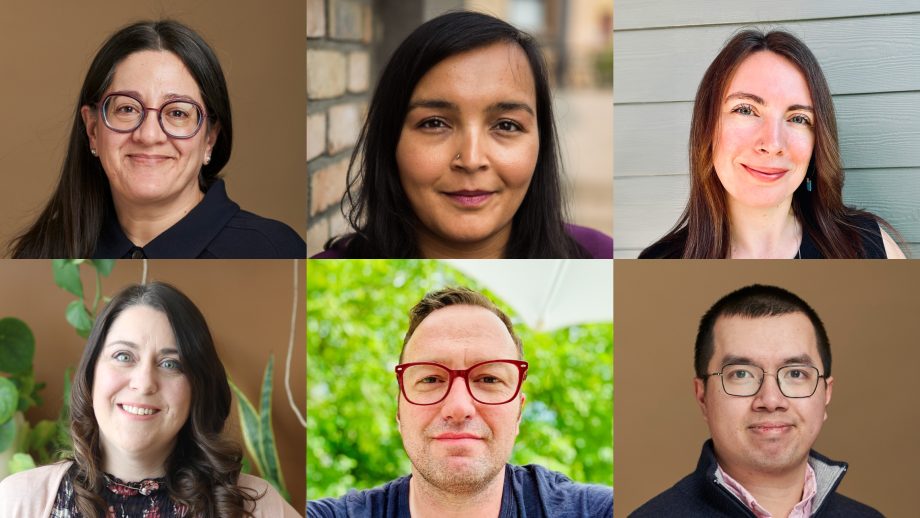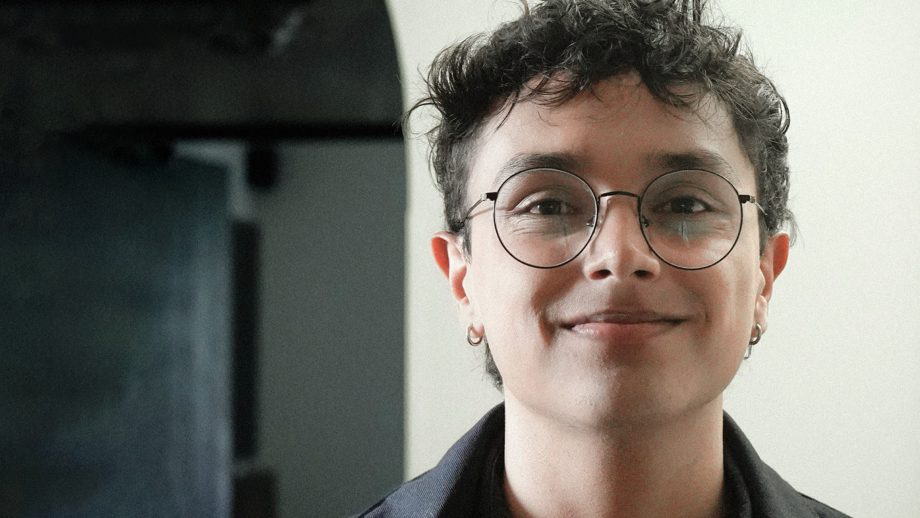Postdoctoral fellow Dr. Heidi Kosonen joined The University of Winnipeg’s Department of Women’s and Gender Studies in December 2020 to work with Dr. Pauline Greenhill on a new research project, Storytelling for Justice: Documentary, Semi-Documentary, and Fictional Media.
We are interested in how film and television foster justice for people who are marginalized.
Dr. Heidi Kosonen
They will be working with Winnipeg production company Eagle Vision to examine how different genres and forms of media implicate justice issues.
“We hope to collaborate with the folks at Eagle Vision not only on the analytical but also on the creative side,” said Greenhill. “We look forward to having a better understanding of how media can not only raise awareness of cultural and social justice, but also intervene in helping to develop a more just world.”
Kosonen and Greenhill have begun the project by analyzing and comparing how Indigenous peoples are represented in, and implicated in the production of, Canadian and Scandinavian media.
“Intersectional feminism, decolonial and eco-critical perspectives are an important part of this research,” said Kosonen. “We are interested in how film and television foster justice for people who are marginalized by race, gender, ethnicity, sexuality, ability, and so on, as well as how they foster justice for the environment.”
Since arriving in Winnipeg in late 2020, Kosonen has been examining two crime television series with Greenhill.
They are interested in the CBC television series Burden of Truth (produced by Eagle Vision, 2018 to ongoing) from the perspective of Indigenous justice and equity in casting.
“Eagle Vision’s projects impress me from an intersectional feminist perspective,” said Kosonen. “For instance their casting in Burden of Truth is impressive when the political aspects of representations are looked at. They ensure that the actors who appear on the screen, as well as the people behind the scenes, reflect Canadian social and cultural diversity and the historical and current significance of Indigenous people and their perspectives.”
Another series on Kosonen and Greenhill’s radar is the Swedish Nordic noir television series Jordskott (produced by Palladium Fiction 2015-2017). In the show, non-human creatures pertinent to Nordic mythology work to guard the forest, lakes, and mountains from humans, whose greed upsets the balance of nature.
“We are interested in exploring the demarcations between human and non-human and their relationship to environmental, ecological, and species justice in the series,” said Kosonen.
Kosonen is a Finnish visual cultural researcher who completed her PhD at the University of Jyväskylä. She has spent the past decade studying the cinematic representations of suicide from the perspectives of taboo and bio-power. She is co-founder of The Disgust Network, a Finnish-based, international interdisciplinary group studying disgust from the perspectives of humanities. She works with Anglophone feature films either dealing closely with suicide or featuring it instrumentally in their storylines, and recently published article exploring the complex relationship of suicide to danger in the feature films Bridgend (Jeppe Rønde, 2015) and Bird Box (Susan Bier, 2018).
Kosonen and Greenhill have already collaborated on two articles, both feminist readings of Mary Harron’s film The Moth Diaries. One is part of a special issue on Canadian crime films for the American Review of Canadian Studies. The other, concerning fairy tales and harm in families, is under review with an Australian journal.
Related programs and courses
In Winter 2021, Dr. Pauline Greenhill is teaching WGS-4401:Writing a Feminist Guide to University. In related research, she recently collaborated on the SSHRC-funded Frozen Justice video series exploring Canadian crime films, culture and society.
Learn more about the Department of Women’s and Gender Studies

